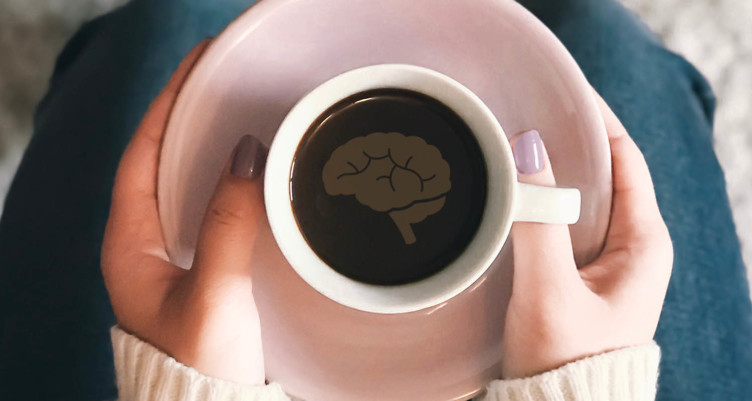Caffeine, a commonly used stimulant drug for alertness and focus, may substantially improve problem-solving abilities, but reduce creative thinking, a new study finds.
The study, released online in the peer-reviewed journal Consciousness and Cognition, was conducted by a research group from the University of Arkansas. As part of their research, the team administered no more than 200 mg of caffeine, or just about one 12 oz cup of coffee, to 44 participants, while 44 others received a placebo.
Upon administering the caffeine to the participants, cognitive function, including working memory, convergent and divergent thinking, were examined by researchers.
“Caffeine is the most widely consumed psychotropic drug in the world, with numerous studies documenting the effects of caffeine on people’s alertness, vigilance, mood, concentration, and attentional focus,” the study says.
“In a randomized placebo-controlled between-subject double-blind design the present study investigated the effect of moderate caffeine consumption on creative problem solving (i.e., convergent thinking) and creative idea generation (i.e., divergent thinking).”
By the study’s conclusion, researchers noted in their findings a significant correlation between caffeine consumption and problem-solving abilities, particularly on convergent thinking. The results showed no enhancement in creative thinking, however.
“We found that participants who consumed 200 mg of caffeine, compared to those in the placebo condition, showed significantly enhanced problem-solving abilities. Caffeine had no significant effects on creative generation or on working memory,” the findings concluded.
“The effects remained after controlling for participants’ caffeine expectancies, whether they believed they consumed caffeine or a placebo, and changes in mood. Possible mechanisms and future directions are discussed.”


